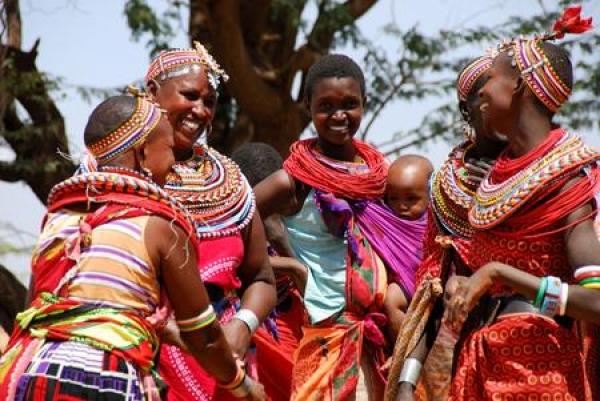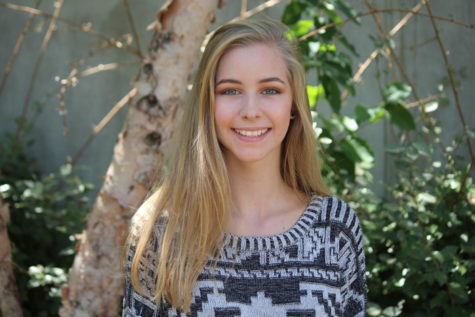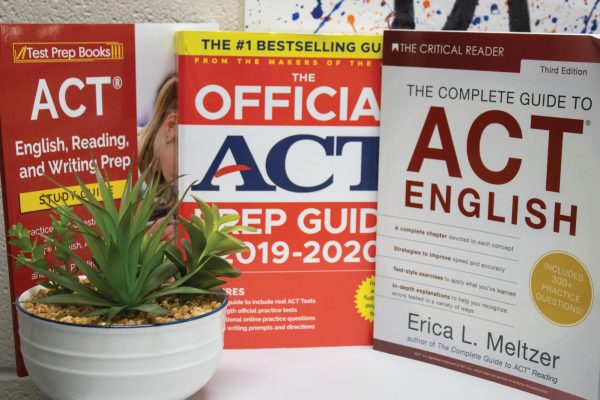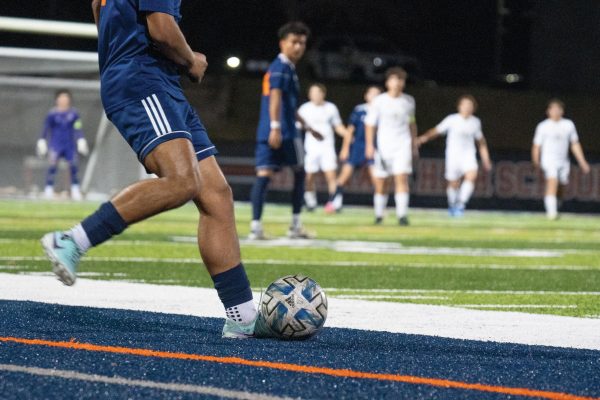Kenya’s Women Make A Move
September 21, 2015
Kenya has a major problem with gender inequality. Women in Kenya don’t have nearly the same rights that men have; women are treated as inferiors to men. Men can beat, abuse, and harm women as they please with no repercussions, yet women are expected to do as they are told and accept the way they are treated.
Unhappy with their way of life, a group of women in Kenya did something admirable. Rebecca Lolosoli, a victim of an abusive marriage, started the very first all-women village in Kenya. The village that Lolosoli founded is named Umoja, meaning “unity” in Swahili.
Umoja came into existence in 1990. The small village serves as a safe haven for women and children whom have suffered abuse of any sort. Domestic violence, rape, underage marriage, and genital mutilation are only the beginning of what these women and children suffer through.
Umoja is a matriarch village, meaning that it has a leader, but not the rank of a queen. Their matriarch is none other than the founder herself, Rebecca Lolosoli. Though no man has been welcomed into the village, or probably ever will be, boys are allowed to live in Umoja. Careful Lolosoli has a few simple conditions for these boys. Only those who still rely on their mother, were raised in the village, or were born in the village may live in the Umoja. These few men and all the women of Umoja have so far been successful in treating each other as equals. Lolosoli has made her purpose for founding Umoja very clear time and time again. Umoja’s goal is not to belittle men, but to give abused women the encouragement to gain control over their own lives, and give them a safe home while doing so. Though they are poor, Umoja does have an education system and medical resources. The women of Umoja don’t have many options, but they do have jobs. One popular job is jewelry making. They use beads and hand make beautiful necklaces and bracelets. Similarly to any village, town, or city, Umoja has it’s own set of rules. One rule is that residents must wear her traditional clothes and accessories in order to preserve their cultural heritage. Since these women don’t have many ways of making money, there is a donation fund set up called the BOMA Project, which you can learn more about on their website.







